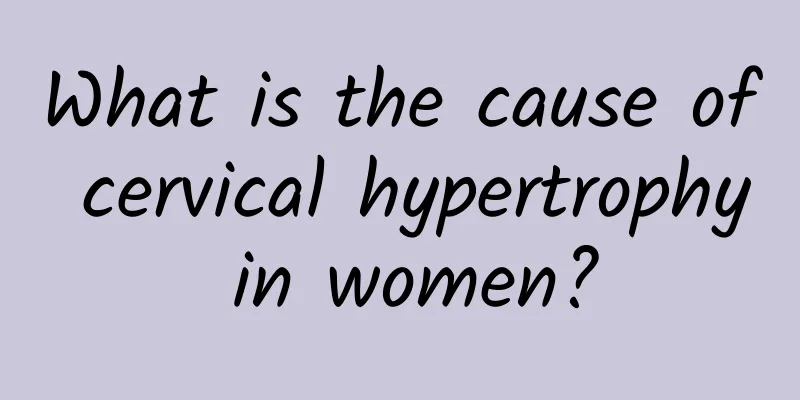Is vaginitis and adnexitis difficult to treat?

|
Vaginitis and adnexitis are not difficult to treat. Timely and standardized treatment can effectively relieve symptoms and cure them. The causes may include complex infection types, low immunity or improper treatment. The treatment plan needs to select appropriate drug treatment based on the cause, and at the same time, it should be combined with lifestyle changes and regular check-ups. 1. Complex infection types The treatment of vaginitis and adnexitis depends on the type of infection. Common pathogens of vaginitis, such as Candida, Trichomonas or bacterial vaginosis, require different treatment plans, while adnexitis is usually caused by pelvic bacterial infection and may be combined with other pathogens. Identifying the cause of the infection is the key to treatment. It is recommended to conduct vaginal discharge testing or blood tests under the guidance of a doctor, and take targeted drugs after the cause is determined, such as clotrimazole for Candida infection, metronidazole for Trichomonas vaginitis, and antibiotics such as levofloxacin or cephalosporins for bacterial adnexitis. 2. Low immunity People with weak immune systems may be more susceptible to repeated infections, making treatment difficult. Such patients need to pay special attention to enhancing immunity, and can add high-protein and vitamin-rich foods such as eggs, lean meat, and dark green vegetables to their diet. At the same time, they can also improve immunity through moderate exercise, such as brisk walking for 30 minutes a day or practicing yoga. 3. Improper or irregular treatment Some patients take medication on their own or fail to complete the course of treatment as recommended by the doctor, which can easily lead to drug resistance or incomplete elimination of the infection. During the treatment, it is important to follow the doctor's instructions to complete the entire course of treatment and not to stop the medication at will. For recurrent episodes, combined treatment may be considered, such as oral and topical medications. For severe cases of adnexitis, hospitalization or even surgery may be required, such as drainage of pelvic abscesses. Through standardized treatment and lifestyle adjustments, most vaginitis and adnexitis can be cured and have a good prognosis. If symptoms persist or recur, seek help from a professional medical institution immediately to avoid worsening of the condition. |
<<: What are the symptoms of uterine cysts
>>: Vulvar pruritus White lesions of the vulva
Recommend
Decreased immunity may lead to adnexitis.
A decrease in immunity is likely to cause adnexit...
Is there any medicine specifically for pelvic peritonitis?
Some patients never thought that they had always ...
What does an egg-sized uterine fibroid look like? Does an egg-sized uterine fibroid need to be removed?
What does an egg-sized uterine fibroid look like?...
What are the prevention methods for chronic adnexitis?
In China, the incidence of chronic adnexitis has ...
Common symptoms of ovarian cysts
Ovarian cysts are a common gynecological disease ...
Does skipping breakfast make you fat and harmful to your health? A weight loss doctor teaches you whether to eat right or not
Modern people are under great work pressure and b...
What should I pay attention to during the second trimester of ovarian failure?
What should you pay attention to during mid-pregn...
Will taking Sanjin aggravate candidal vaginitis?
Will taking Sanjin aggravate candidal vaginitis? ...
What department does cervical warts belong to?
Cervical warts are a sexually transmitted disease...
How long can you touch cold water after an abortion?
How long can you touch cold water after an aborti...
Can’t lose weight? The culprit turned out to be excessive body fat! Don't do these NG things
You have tried various weight loss methods, but y...
Is the chance of threatened miscarriage high?
Is the chance of threatened miscarriage high? Thr...
Is the cost of treating left ovarian cyst high? What are the methods?
Before treating the left ovarian cyst, you must f...
Will women with cervical erosion bleed? What are the symptoms of cervical erosion in women?
There is no problem with mild cervical erosion, b...
More than 90% of primary school children drink sugary drinks at least once a week! Nutritionists urge: Remember to drink plenty of water, drink enough, and drink in an environmentally friendly way
In recent years, convenience stores and beverage ...









